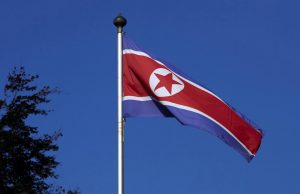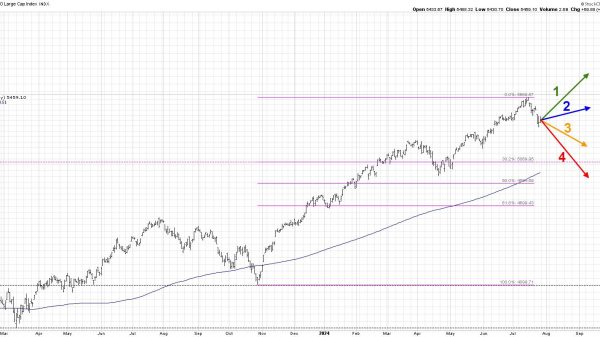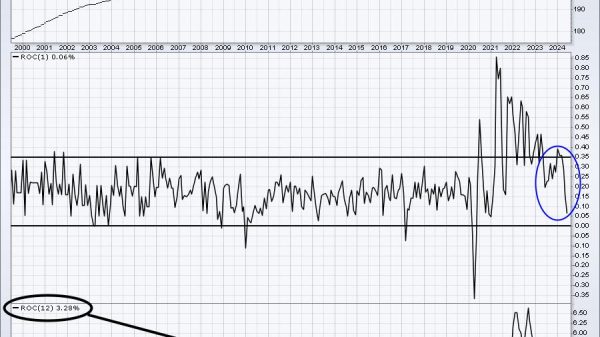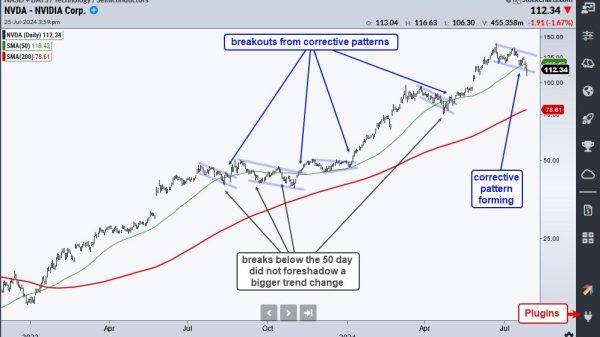Millions of middle earners will be more than £3,500 poorer because of plans by Rishi Sunak for a stealth raid on income tax that will last at least six years, analysis has shown.
The prime minister and Jeremy Hunt, the chancellor, are thought to have agreed to extend until 2028 a freeze on income tax thresholds that had been due to end two years earlier. The agreement came at a meeting on Monday to discuss how to plug the £35 billion gap in public finances.
Freezing tax thresholds at a time of high inflation drags millions more workers into paying more tax every year because a greater share of their wages are pushed into higher brackets — a stealth tax known as “fiscal drag”.
Figures released by HM Revenue & Customs in June showed that 6.1 million people — the equivalent of one in six adults — paid the higher rate of income tax because of the freezing of thresholds, up from 4.2 million in 2019. A total of 629,000 paid the highest level — 45 per cent on earnings above £150,0000 — up from 421,000 in 2019-20.
Income up to £12,570 a year is tax-free, a sum known as the personal allowance. Workers pay 20 per cent up to £50,270, 40 per cent up to £150,000, and 45 per cent above that.
Last year, when Sunak was chancellor, he announced that he would stop raising tax thresholds until April 2026, accelerating the process of fiscal drag.
Analysis conducted yesterday by the accountancy firm Blick Rothenberg shows the damaging impact that freezing the personal allowance and other tax thresholds until April 2028 would have on workers’ take-home pay, potentially dragging millions more workers into higher brackets and pushing more of their income over the tax-free personal allowance.
It shows that someone earning £50,000 a year would have paid £3,659 more in tax overall by 2028 if thresholds were frozen every year until then instead of rising with inflation. Someone earning £100,000 a year would be £8,229 worse off owing to the creeping yearly impact of inflation and frozen thresholds.
The calculations assume that inflation will average 7 per cent next year, and then drop by 1 per cent each year until reaching 3 per cent in 2028, in line with many analysts’ predictions. They also assume that the worker is an employee and is paying national insurance, which stays in line with the personal allowance.
“Inflation is soaring, hitting its highest level in 40 years, with the knock-on effect of the previous government’s decision to freeze income-tax thresholds and allowances now really beginning to bite,” Joe Neal, a tax manager at Blick Rothenberg, said.
“In prior years taxpayers might have expected at least some relief with an increase each year in their tax-free personal allowance. However, with inflation as it is, no movement on thresholds until 2026, and rumours this freeze might well be extended, taxpayers will find their pay packets just don’t stretch as far.”
The government believes that extending the freeze in thresholds at the next budget, due to be delivered on November 17, would raise about £5 billion a year by 2027-28. The Treasury has been accused of burying the details of the levels of tax that earners are liable for after announcing that it would cease publication of a series of regular figures on the amount of income the department receives.
Documents placed on the government website reveal that HMRC is to cut or alter a third of its statistical publications each year because of a lack of resources, which critics said could hamper people’s ability to understand the extra tax burden they face.
Among regular statistical releases to be axed in the spring are an annual table showing tax liabilities in proportion to people’s income, a set of data on child benefit claims, and a yearly statistical analysis on inheritance tax receipts.
HMRC disclosed that it intended to scrap the figures as part of a consultation exercise that began last week and is due to end on January 16. It said that it would announce its final plans in the spring after reading the responses to the consultation.
An HMRC spokesman said: “Our focus should be on quality, and we want to use our resources to prioritise statistics that add value, are robust and that people use.”
Read more:
Rishi Sunak’s stealth tax to cost middle earners £3,500 a year





















